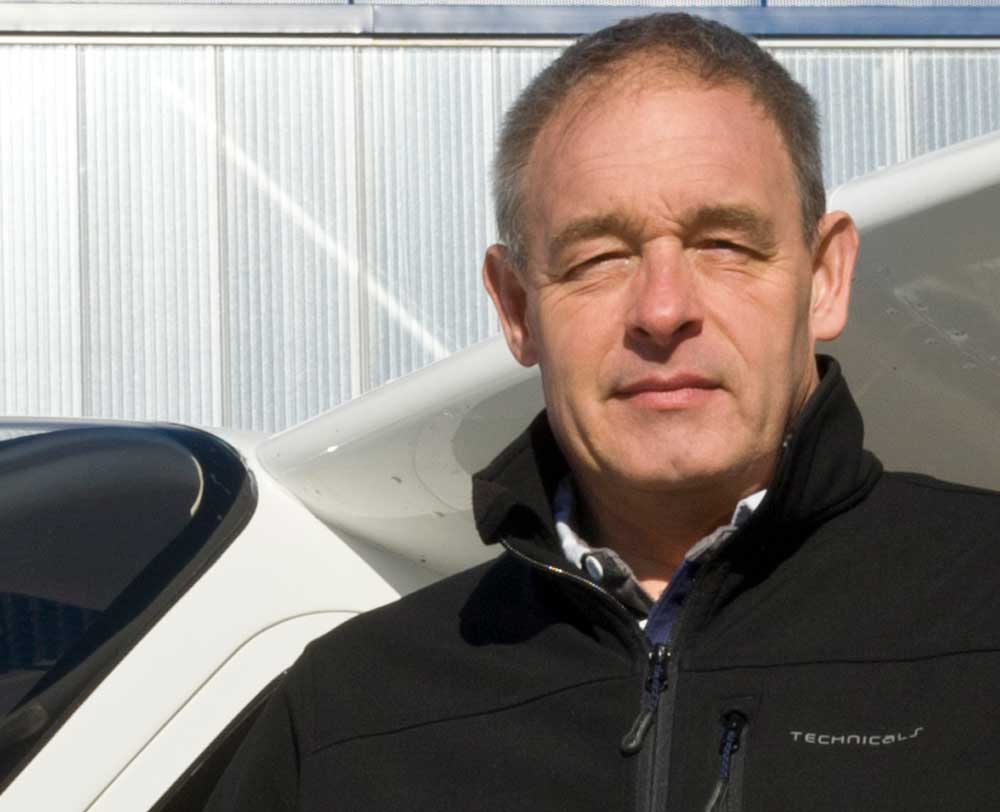 Here at Seager Publishing, home of Pilot Career News and FLYER magazine, we’ve been running Pilot Careers Live throughout Europe for more than 20 years. On November 6 and 7 we ran our first virtual event, and broadcast two days’ worth of seminars and discussions to more than 3,500 registered participants.
Here at Seager Publishing, home of Pilot Career News and FLYER magazine, we’ve been running Pilot Careers Live throughout Europe for more than 20 years. On November 6 and 7 we ran our first virtual event, and broadcast two days’ worth of seminars and discussions to more than 3,500 registered participants.
Like all of our events, PCLVirtual was designed to provide future potential commercial pilots with the information they need to make an informed decision for their personal circumstances, and to provide recently graduated and currently graduating pilots with information that would help them begin their career when things improve.
We ran sessions on everything from selection to ab initio training. We ran seminars on staying sharp and engaged, on CV creation and on pilot and cadet wellness. All of our events, physical or virtual, aim to deliver a mix of independent information alongside a wide range of views from industry experts to better inform our visitors.
We know that times are tough, we know there are many unemployed pilots and we know there are cadets who continue to graduate having begun their training two or three years ago. None of that changes the fact that people want and need good, up-to-date information.
On the first day of the show BALPA, the UK’s Airline Pilot Union released a YouTube video encouraging future pilots not to enter flight training ‘right now’. We believe the video, aimed squarely at our event and its attendees, was misleading. Here’s why…
During the video BALPA made claims based on 1) fact, ie the effect that Covid is having on current employment levels, 2) opinions, such as predictions on when meaningful recruitment might start (its current best estimate for is two years), and 3) direct advice, the starkest of which was to not enter flight training right now.
As with almost any flight training advice you’ll ever get, this information tells the story from one single perspective (for more see here), and it is important to understand that perspective so that you can take informed decisions based on widespread research rather than one single viewpoint.
The challenge with flight training is that it takes between two and five or more years to go from nothing to passes in all 14 Airline Transport Pilot Licence (ATPL) subjects, achieve a Multi-Engine Commercial Pilot Licence with Instrument Rating (ME CPL/IR), and a Multi-Crew Cooperation (MCC) or Airline Pilot Standard MCC (APS/MCC) qualification. If you want to time your training so that it finishes when pilot recruitment is buoyant, you’ll need to be looking that far ahead, and that’s pretty much impossible. Remember, everyone who graduated this year, and many of the people currently in commercial flight training began when things were good and airlines were hiring.
We don’t agree with BALPA’s advice, and we deeply regret their timing, but what do we suggest instead? It would be nice if there was one answer for everyone, it would be great if airlines paid for training, and it would be even better if you could guarantee a long career without the roller-coaster ride that is the airline industry, but they’re all pie-in-the-sky ideals that have nothing to do with reality.
If you are serious about a commercial flying career, you absolutely have to do your research and your due diligence. You have to have a plan B and maybe a plan C too. And you have to be both flexible and tenacious. Above all you have to make the decision that is right for you, be that immediate training on an integrated course or delayed training on a spaced out modular course.
Do it understanding the rewards and the risks and make sure that you do it with your eyes wide open. As you’ll hear frequently during your training, ‘you have control’. – Ian Seager, Publisher & Managing Director, Seager Publishing
